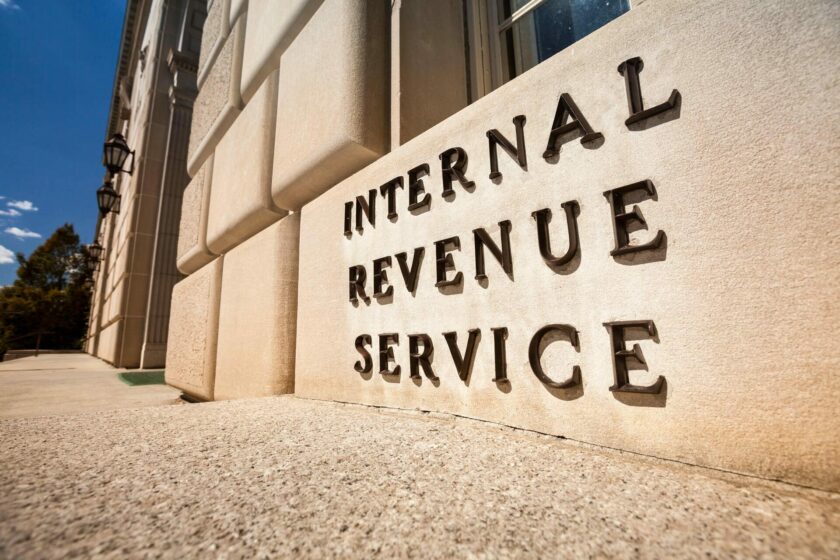The COVID-19 pandemic upended the world in 2020, causing staggering unemployment rates in the U.S. and beyond as businesses closed in an effort to combat the virus. But as the world begins to return to normal, the IRS is, too, and that means collections on unpaid taxes are also starting up again in earnest.
What’s Happening at the IRS
Like many businesses and public spaces, the IRS temporarily shuttered in the early days off the pandemic, leading to a backlog of nearly 11 million pieces of unopened mail, on top of millions of stimulus checks to send out.
But as the agency is slowly getting back to work in 2021, it is also beginning to collect on unpaid taxes and penalties that had been largely ignored in 2020. While some operations are still delayed, the IRS announced in June that it would resume normal collections later that summer.
When taxpayers fill out our Tax Relief Survey, they are able to see if they qualify for the IRS Fresh Start Program and begin their journey toward tax resolution in minutes.
What This Means For Your Debt
If you haven’t filed tax returns or owe unpaid tax debt, you may be at risk for receiving collections notices, wage garnishments, having liens or levies placed on your property and other tax collection methods.
But whether you’ve already received a notice or are dreading the day one shows up in your mailbox, it’s not too late to take action. Take this brief survey to find out if you qualify for the IRS’ Fresh Start Initiative.
